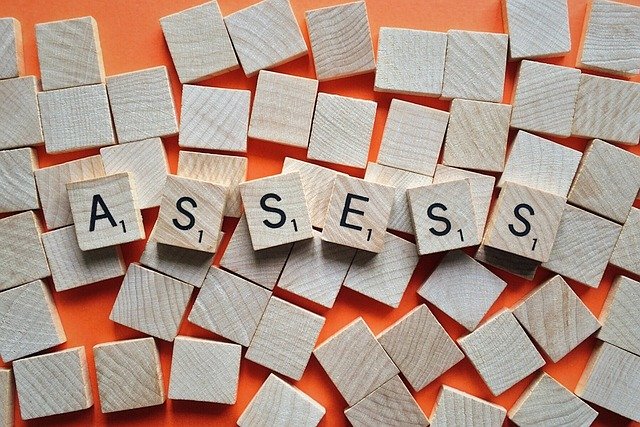Hi there, another achiever of goals! Welcome to my tutorial on creating successful goals for self-evaluation. The secret to success in self-evaluation is to create attainable goals, whether your objective is to become the finest version of yourself, advance your personal growth, or advance your professional abilities. I’ll take you step-by-step through the procedure in this blog article and offer helpful hints to make goal-setting simple.
Table of Contents
1. Understanding Self-Assessment Goals
Let’s first define self-assessment goals before getting into the specifics of goal-setting. To put it simply, these are goals you set for yourself after assessing your own advantages, disadvantages, and places for development. Self-assessment goals give you the ability to take charge of your own development rather than waiting for someone else to tell you where you need to improve.

2. Why Self-Assessment Goals Matter
Why even bother with self-assessment goals in the first place? You may be asking yourself. Here’s the lowdown, though:
- Personal Development: You can advance both personally and professionally by establishing and meeting self-evaluation goals.
- Motivation: Having specific goals gives you direction and spurs you on to keep moving forward.
- Self-Awareness: Regular self-evaluation develops self-awareness, which aids in your understanding of your advantages and disadvantages.
- Accountability: By establishing objectives for yourself, you make yourself responsible for your advancement.
After discussing the why, let’s tackle the how.
3. How to Write Effective Self-Assessment Goals
Setting Specific Goals
Making sure your self-assessment goals are specific is the first step towards creating effective ones. It won’t do to set vague objectives like “improve communication skills.”. As an alternative, be more explicit about the area of communication you wish to enhance, e.g., “delivering more concise presentations” or “actively listening during team meetings.”
Making Goals Measurable
Your goals must be measurable in order for you to properly track your progress. That implies you ought to be able to put a number on your accomplishments. If your objective is, say, to “increase sales,” be sure to indicate by how much, in terms of either a percentage or a monetary figure.
Ensuring Goals Are Achievable
While having high aspirations is admirable, establishing unattainable goals can cause dissatisfaction and burnout. Verify that your objectives can be met in a fair amount of time. When you set goals, take into account your time limits, resources, and current skill level.
Relevance of Goals to Your Life
Your long-term objectives, values, and priorities should all be reflected in your self-assessment goals. Consider the reasons behind your motivation for each goal and how reaching them will enhance your success and happiness in general.
Time-Bound Goals
Finally, assign yourself a deadline to complete each task. Establishing a deadline makes things feel more urgent and keeps you motivated and focused. While maintaining a realistic mindset, set a goal for yourself to make significant improvements in the allotted period.

4. Examples of Self-Assessment Goals
Here are some examples of successful self-assessment goals to help you get started:
Professional Development: “Complete three online courses in the next six months to advance my knowledge of digital marketing.”
Well-being and Health: “Exercise for at least 30 minutes five days a week to improve my physical fitness and overall well-being.”
Developing Yourself: “Practice gratitude journaling every evening for one month to cultivate a more positive mindset.”
5. Frequently Asked Questions (FAQs)
Q: How often should I review my self-assessment goals?
A: It’s a good idea to review your goals regularly, ideally on a monthly or quarterly basis. This allows you to track your progress, make adjustments as needed, and set new goals as you grow.
Q: What if I don’t achieve all my goals?
A: Don’t be too hard on yourself. It’s normal to encounter obstacles along the way. Take the opportunity to reflect on what worked and what didn’t, adjust your approach if necessary, and keep moving forward.
Q: Can self-assessment goals be flexible?
A: Absolutely! Life is unpredictable, and it’s okay to adapt your goals as circumstances change. Just make sure any adjustments you make are still aligned with your overall objectives.
In conclusion,
Creating successful self-assessment goals is a great way to advance yourself. You will be well on your way to becoming the finest version of yourself if you adhere to the advice provided in this guide and maintain your dedication to your objectives. So go ahead, have big dreams, and start aiming high!
If you love personal development and goal-setting, you can check our Website for useful information
Remind yourself—you can succeed! 🌼

